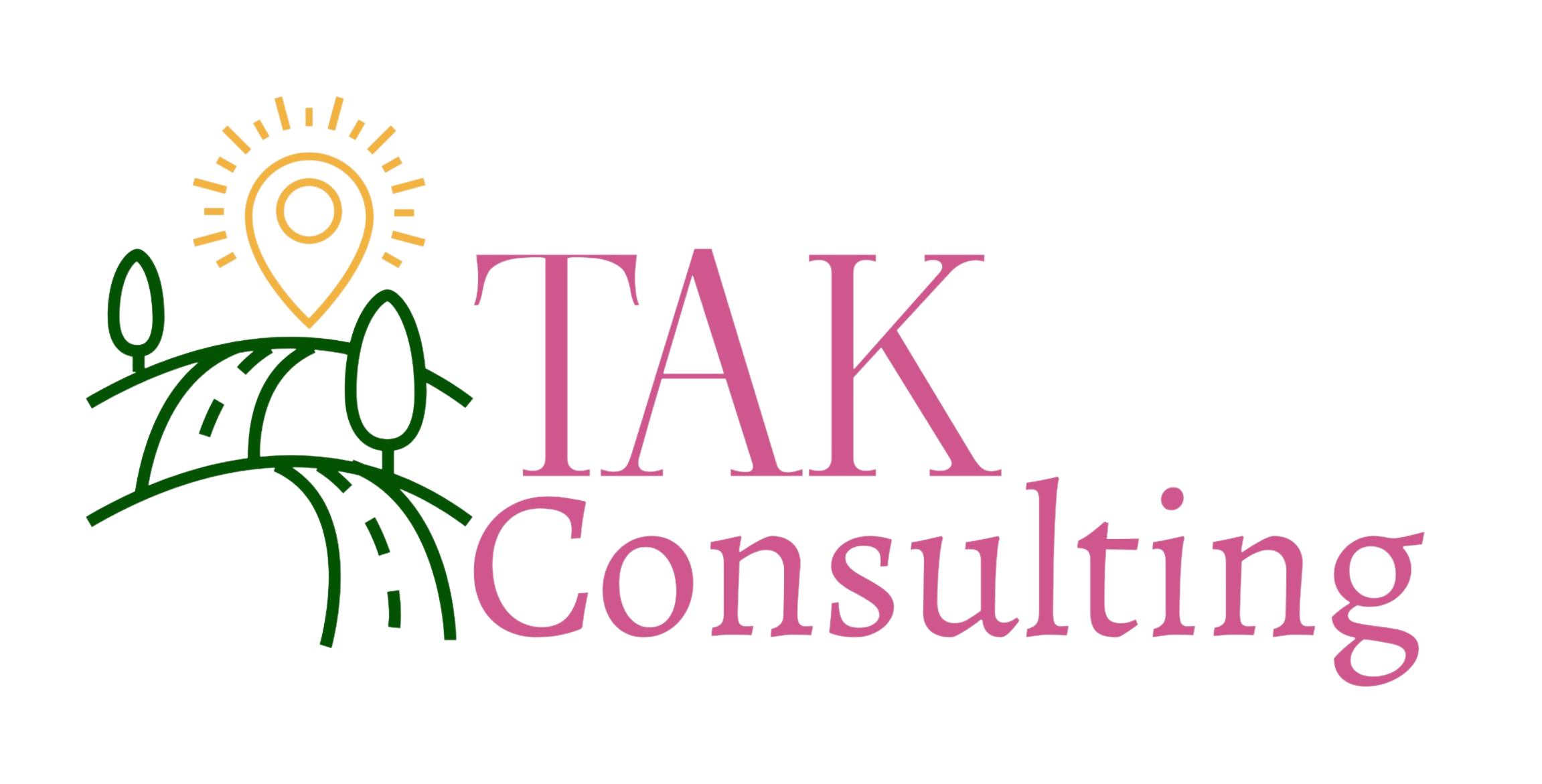A simple way of explaining happiness is, well, the state of being happy but many of us have different definitions of what we feel happiness truly means. For some this could mean overall well-being and others this could mean feelings of high joy. Often, we hear people say they “know” the key to happiness. Although there is no concrete key to happiness, there are plenty of ways happiness benefits your company and numerous ways to incorporate more happiness into your business.
The many benefits of happiness in your business
Just like happiness makes our home life better, happiness has amazing value in your business as well. For starters, happier people are seen as better leaders overall. People seem to perceive those as more trustworthy, nicer, and generally more supportive. Also, having an office full of happy people makes conflict resolution better for everyone and decreases stress overall. Finally, employees are often more committed, go above and beyond, and are more productive. According to a study done by the University of Oxford, workers are 13% more productive when happy. Additionally, the research says that they do not work more, they just get more done. Although 13% may not feel like a lot, any bigger percentage means more for your business.
As a business owner, having happy employees is shown to cost less for you as they are less likely to make mistakes, more efficient, and are more healthy which in turn reduces any health costs for you. Having happy employees also causes better customer loyalty because of the commitment to their job. Furthermore, this usually equates to more word of mouth reviews which is one of the most significant ways to increase traffic to your business. Being happy is clearly profitable for everyone involved but now you may be wondering how do I implement more happiness into my worklife?
How to improve workplace happiness for yourself and others
Emiliana R. Simon-Thomas at Greater Good Science Center calls their system for increasing happiness “PERK.” They like to think of it as perking up your happiness. PERK stands for Purpose, Engagement, Resilience, and Kindness. Using this system is exceptionally useful in trying to boost happiness for your workplace.
Starting off with P for Purpose; Purpose connects what you do and what you care about. In a study by Dan Ariely, he writes that cash bonuses only go so far and that individuals desire appreciation and meaningful progress in their lives. Every business should have a mission statement and goals they aspire to reach and are meaningful to them as the owners. Ways to show purpose through your business could be incorporating things that connect with your core values as a company. For example, if you’re a recycling company, you could use eco-friendly papers and shipping products or if you’re a business who really cares about community, you could have an onsite daycare to help new parents out. Next, we go to E for Engagement. Having activities at work where the team can work together and focus on what they’re good (or bad) at will increase engagement as well as allow your team to take a clearer look at what they envision for their career. Additionally, granting employees a more flexible schedule gives them a better flow at work and may reduce everyday meetings and offer increased downtime/time to rest. (As we all know, resting and breaks are vital to less stress and improved mental health!) Finally, adding in some playfulness and fun can make a difference in your business as it gives employees the creative space and makes the job all in all more enjoyable.
After E is R for Resilience. Resilience looks like the ability to manage challenges, not prevent them. One way to practice resilience is mindfulness and staying true to yourself. You spend less energy in the day if you are genuinely you instead of pretending to be someone else. Mindfulness just means finding some peace in yourself and in day to day life. As we briefly said earlier, taking a break is extremely valuable and this can contribute to more resilience as you may feel stronger after some rest. Finally, we have K for Kindness. Kindness helps manage conflict and create further respect, trust, and empathy. As a part of being kind, this means having the ability to apologize. Apologies show that you truly care and are committed to the team. Furthermore, it helps teams recover better from setbacks. For more on the value of kindness in business, we have a different monthly blog about this that you can check out under this one on our page!
Happiness has a place in business
Happiness clearly plays a major role in our lives as well as our business. By remembering to PERK up your business’s happiness, you will have an enhanced and more comfortable workplace for everyone!


